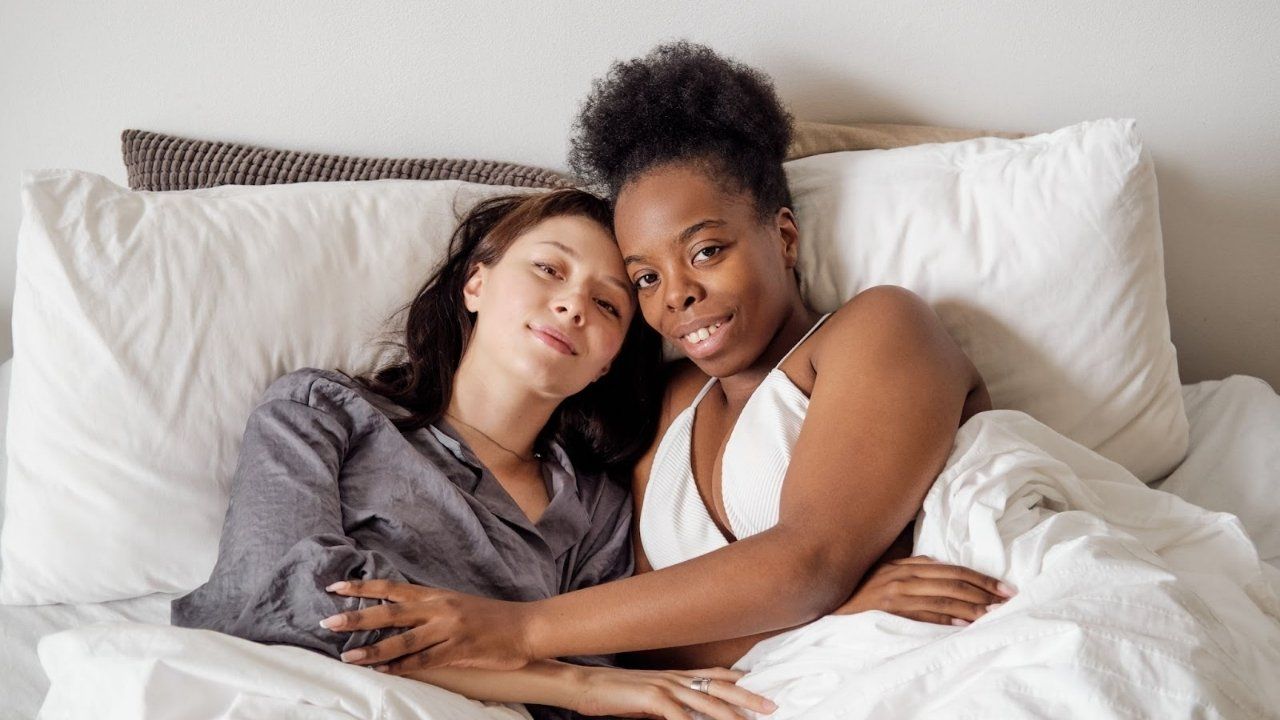Reader Question: What Do You Do When There’s Love But No Lust?
Oct 18, 2017
What do you do when you have a couple with love, but no lust? Where one (or both) partners feels a deep affection for and connection with the other, but no physical attraction?
This is such a great question, because this situation occurs very often, and many people, therapists and couples alike, think of this as being “broken” or “abnormal”. Sometimes lust is absent for at least one partner right from the start of a relationship, and many times the “super hot sex” part of a relationship changes or diminishes quite a bit over the span of the relationship. We really cannot see this as an “abnormal” thing, or a “problem”, except in that it can cause quite a bit of distress.
A lot of the work I do as a sex therapist is about un-scripting relationships. Every relationship is an intersection of unique human beings, each with a singular set of life experiences, fears, and fantasies, not to mention physiology. Yet we often approach relationships with one-size-fits-all expectations–about sex, children, living arrangements, number of partners, etc. These assumptions make it harder for couples to negotiate the parameters of their own unique partnership.
There is really no reason any more to think that a relationship that is decades long will “normally” remain hot for both partners. First there are physiologic changes over the life-span that play a part in desire levels. For many people, the novelty of the sex diminishes, having kids and career take up a lot of time and energy, and the emotional relationship can also go a little flat as we assume we know what there is to know about one another and stop having juicy dinner table conversations and fun dates. I’m sure you can see several entry points to working with this kind of issue, including normalizing it. Desire issues can be complicated, and they often CAN shift; having the desire and motivation to create the shift is an important part of the equation.
If you use my brief assessment tool, you know that if there is any sense of guilt, pressure, subtle coercion, or sex pain you can expect desire to diminish, and often develop into aversion.
Another common situation is that the relationship never or only very briefly was super hot for one or both partners. Here I urge you to consider that there might be great reasons to be in a relationship OTHER than hot sex. Really good reasons. Deep love and ability to work as a team, common values and goals, and the ability of a strong relationship to be much greater than the sum of its parts are very good reasons to be together.
It is also possible that part of the issue is that the sex could be improved by, for example, an anatomy lesson and some frank conversation between partners about what they might like sexually. Sometimes there can be unresolved disillusionment about sex, either in this relationship or previously. Sometimes there can be conflicted thoughts/feelings/belief systems about sex that cause internal confusion.
Remember too that being willing to have sex is sufficient for a positive sexual interaction. There are lots of reasons a partner might feel willing to have sex without feeling a lot of desire, or even any. Assuming that the lower desire partner is able to say no and there is no hint of subtle coercion, a couple with either desire discrepancy or lust discrepancy can still have great sexual experiences, and many do. For more on this idea, check out my blog post on Asexuality.






